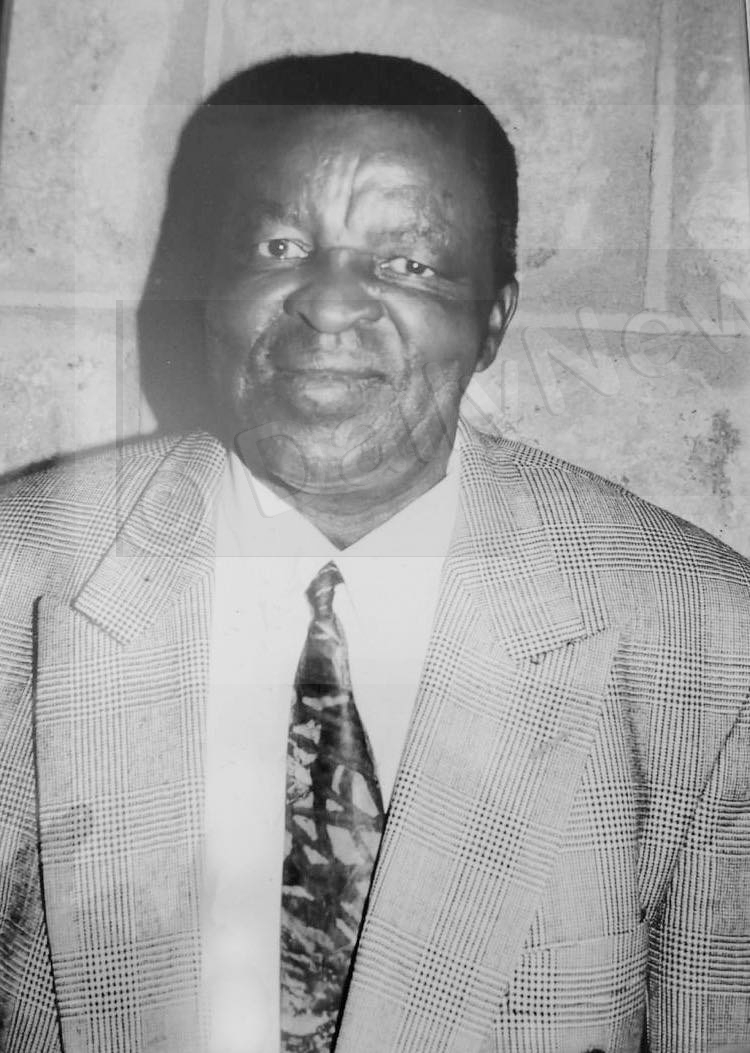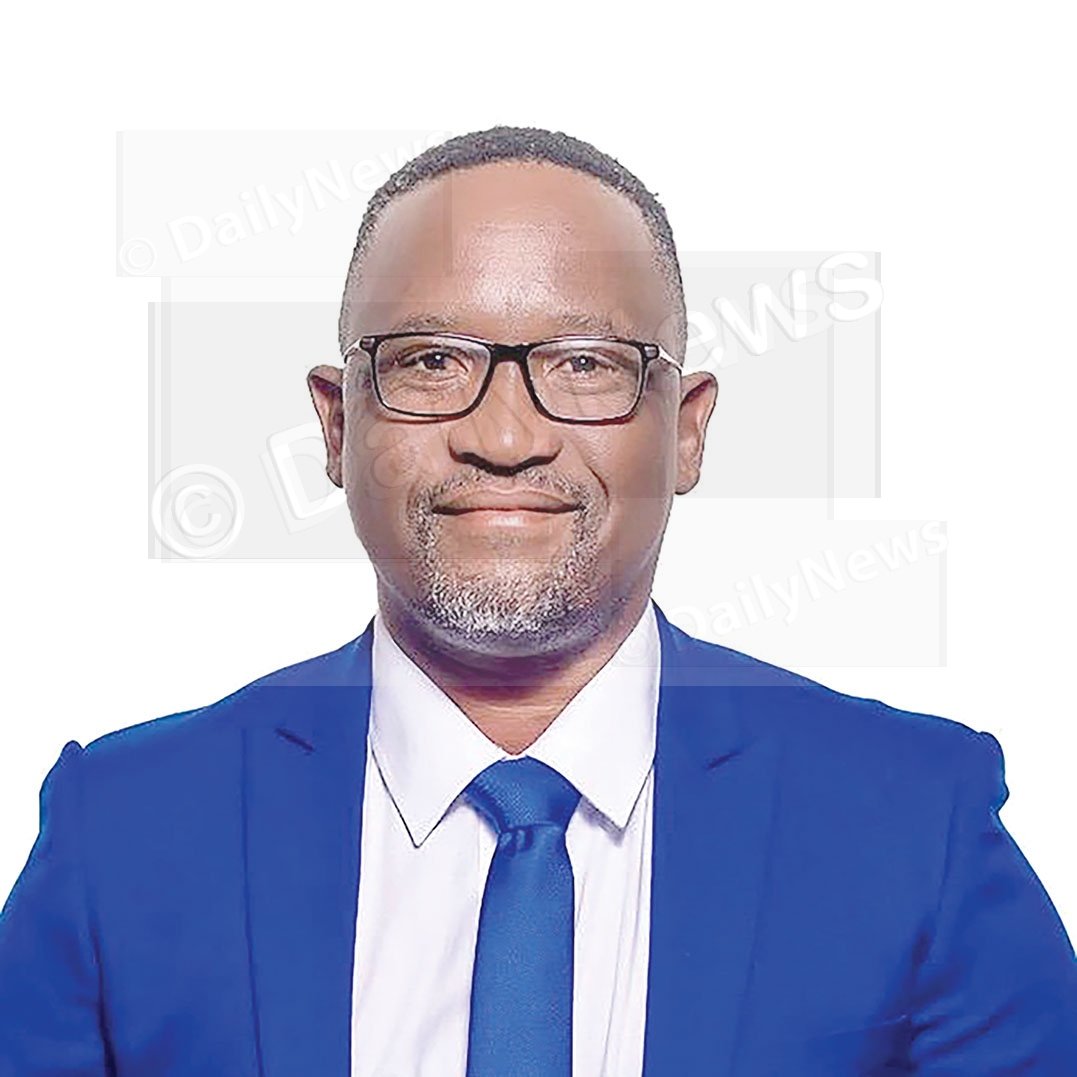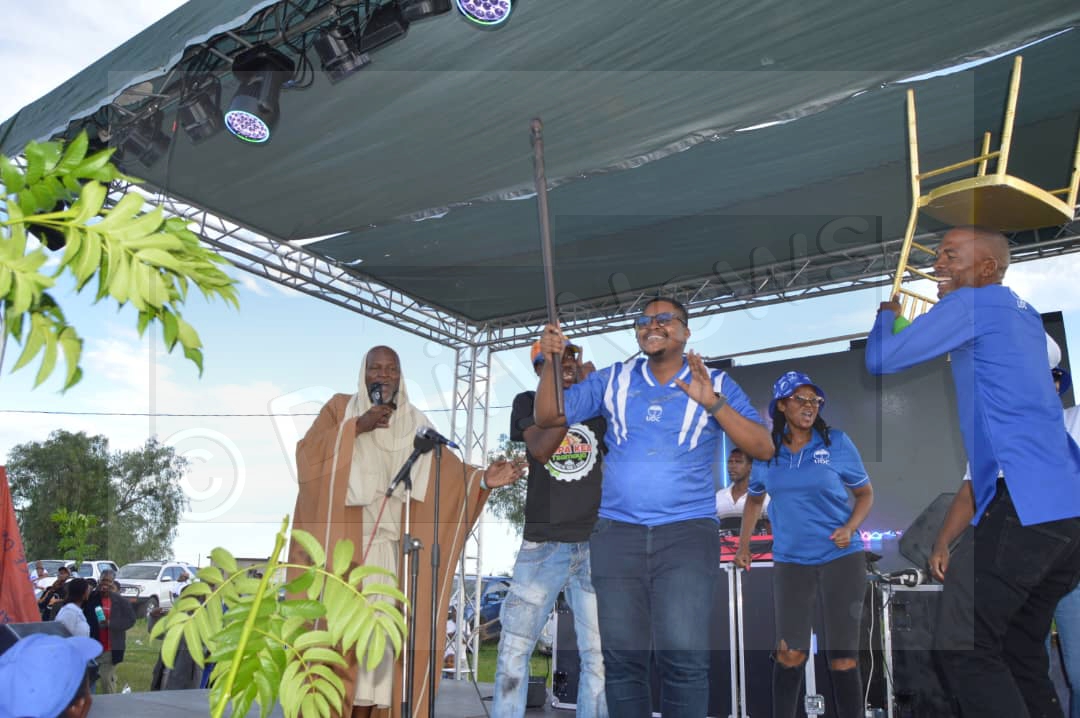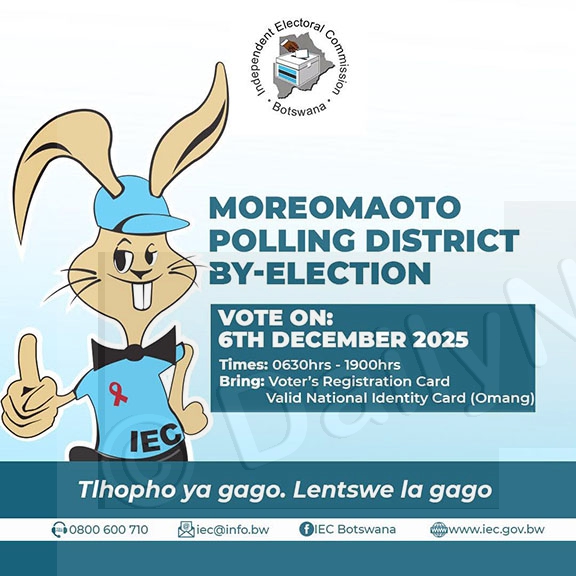UDC IEC judgement this Friday
05 Nov 2023
Justice Ketlogetswe Gaongalelwe of Francistown High Court will on Friday deliver judgement on whether or not the interdictory order to allow the Umbrella for Democratic Change (UDC) clerks to observe and invigilate the 2024 election registration process should stand.
This follows his issuance of a rule nissi on October 31, calling on the Independent Electoral Commission (IEC) and other interested parties to show cause why the applicants, being the UDC, should be interdicted and barred from observing the national registration process.
The UDC had approached the court for assistance after its engagement with the IEC reached a logjam.
To avert UDC clerks from observing the registration exercise, the IEC postponed the registration exercise, initially scheduled to take place from November 1 to 30, to November 13th to December 8th this year.
On Saturday, the two parties locked horns in a packed courtroom before Justice Ketlogetswe for six hours of submissions with a couple of health breaks.
First to argue the applicants’ case was Advocate Duma Boko who told the court about the overbearing nature of the Constitution, in particular section 65 A sub section 12 b, which advocates for fairness, efficiency and transparency in the conduct of elections.
He cited a ruling by former high court judge, Justice Moleleki Mokama in a matter between the Botswana National Front (BNF) and the Attorney General which averred that a political party had the right to participate in the electoral process.
Advocate Boko also said his argument was premised on section 3 (a) and (b) of the Electoral Act as another fundamental precept upon which the applicant stood.
“The applicant fortified by these propositions of law then engaged the respondent asserting its right to participate in the electoral process by deploying these voter registration observers or clerks,” he said, adding that it was critical to have clerks at that initial stage as it marked the commencement of the election circle which would culminate at a later stage with the pronouncement of the election results.
He said the response they got from the IEC on October 27, spelt out clearly that the respondent would not permit the proposal by the applicants to have observers, and that the former had put in place measures to ensure there was no anomaly during registration and that the law would be observed.
Upon receiving the response, he said the applicant resolved to approach the court as a matter of urgency on October 31 because the registration exercise was looming.
Advocate Boko said the applicant feared that the respondent wanted to shut them out during the registration process, saying it prejudice the applicant’s right to participate in the electoral process.
He also quashed the assertion by the respondent that the matter was not urgent and that whatever urgency was alluded to by the applicant was self-created.
Advocate Boko also submitted that failure to oversee the registration of voters by the applicant would make it difficult to interrogate the voters’ rolls at some later stage as per the requirement of the Electoral Act.
“What harm does the respondent stand to suffer if the applicant deploys its observers,” he asked, reminding the court that observers were allowed during elections and that there had not been any form of intimidation arising from election observers.
He argued that having observers would give credibility to the whole registration exercise.
He said submissions by the IEC that the Electoral Act did not provide for the presence of clerks during the registration process should not be misinterpreted to mean voter registration observers were prohibited from taking part at that early stage of the electoral circle. Prohibition, he told the court, should be clear.
He argued that the Constitution, which spelt out the unfettered right for political parties to participate in the electoral process remained the supreme law, and that any other law was subordinate.
Advocate Otsile Rammidi for the respondent said the applicants argument on the matter displayed a lack of proper understanding of the law.
He said although the applicant claimed that section 65 A sub section C gave them the right to have clerks during the registration of voters, the truth of the matter was that there was no specific piece of legislation to that effect.
He said the relevant piece of legislation on the matter was section 65 A (1) of the Constitution that conferred IEC the powers to conduct elections.
He said having established the IEC, the Constitution then gave it a mandate that prescribed what it was set out to do, adding that the duty was given to the IEC and no other body.
He told the court that the Constitution also prescribed that the IEC shall give instructions and directions to its secretary regarding the exercise of his functions which were provided for under the act.
“Any direction given must relate to the functions of the secretary as established in the Electoral Act,” he said.
Advocate Rammidi also told the court that section 3 (c) of the Electoral Act, conferred specific and limited powers upon the secretary to ensure the effective, efficient and fair conduct of elections.
He said the court should not worry about having clerks during the registration process as the law provided for the general public to verify the voters roll at some stage of the electoral process.
He said having polling agents during elections was a different ball game as it was provided for by the law.
He urged the court to tread carefully and not to be seen to be encroaching on the principle of the separation of powers by formulating laws that should otherwise be the function of the legislature.
He advised that the applicant should rather lobby legislators to effect any change as far as the promulgation or amendment of the law.
Advocate Rammidi also dismissed allegations made by the applicant that cast aspersion on the conduct of the IEC.
He said the allegations placed the court in a precarious situation as it was now forced to deal with a hypothetical question about what was thought to have transpired without concrete evidence.
The IEC, he said, remained credible in the way it conducted its affairs and that there had never been any findings to suggest otherwise. Ends
Source : BOPA
Author : Mooketsi Mojalemotho
Location : Francistown
Event : Court
Date : 05 Nov 2023






